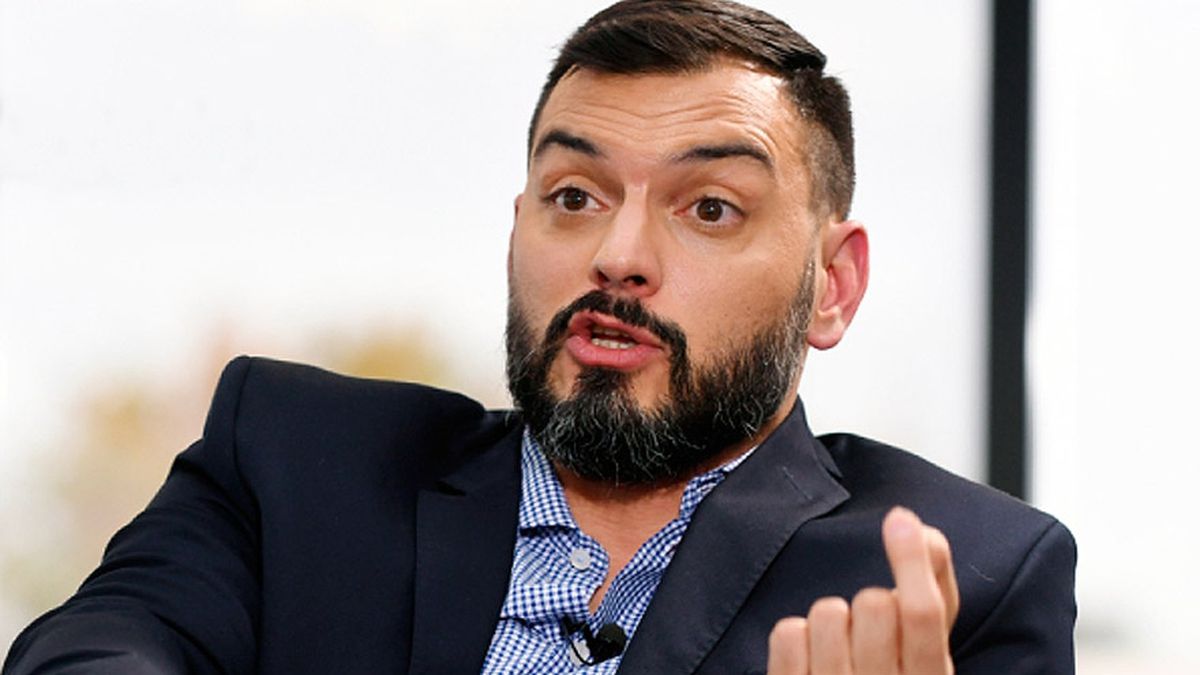Russia
The Russian government advances in the regulation of cryptocurrencies. Through a document published on the official website of the Ministry of Finance, the government determined some bases for the bill that will be discussed in February.
In the document entitled “Concept of Legislative Regulation of the Mechanisms for Organizing the Circulation of Digital Currencies”, the Russian government assured that citizens own more than 12 million accounts and about 2 trillion rubles in cryptocurrencies. At the same time, it states that the country ranks third in the world in Bitcoin mining. With such a large volume in cryptocurrencies, the Central Bank warned about the risks in crimes related to money laundering or scams. The document was approved after a meeting with the Deputy Prime Minister, the White House Chief of Staff, Dmitry Grigorenko and promises to be treated during February and/or March.
United States
In recent days, several media outlets have reported that the United States government is preparing to publish an executive order that will charge federal agencies with the regulation of digital assets such as bitcoin and other cryptocurrencies as a matter of national security. Also, according to sources close to the project cited by Barron’s, the executive order on national security, which is expected to arrive in February, would commission parts of the government to study digital assets and design a regulatory framework that encompasses cryptocurrencies, stablecoins and NFTs.
India
India will be the first great power to regulate and make cryptocurrencies official. The government of the Asian country has presented, as described by Reuters, its regulation of digital goods and cryptocurrencies with important measures that they intend to start applying in 2023.
These include the creation of a blockchain-based digital rupee, several years ahead of the European Union, a 1% tax deduction on transactions and payments with cryptocurrencies for the purchase of digital goods, and a 30% tax on income from transfers of digital goods such as cryptocurrencies or NFTs. The highest rate in the country, above the Luxury Tax that tobacco, tires or jewelry have there.
Nirmala Sitharaman, the Indian finance minister, explains that “no deduction will be allowed in respect of expenses, except the cost of acquisition itself” and that “the loss of the transfer of digital assets cannot be compensated”. In the case of gifts, it is also proposed that they be taxed on the recipient. This means covering the majority of cryptocurrency-related transactions.
Ecuador
The Central Bank of Ecuador announced that it will establish a new regulatory framework for Bitcoin and cryptocurrencies. According to Guillermo Avellán, the manager of the entity, in dialogue with Bloomberg online, digital assets will be regulated in 2022 and limits will be placed on their commercialization in Ecuador. For the moment, the only legal tender in that country will be the US dollar and cryptocurrencies will continue to be investment assets.
Uruguay
The growth of digital currencies is a phenomenon that is increasingly present in Uruguay. For this reason, the Central Bank of Uruguay (BCU), through its financial innovation program Nova BCU, published a document in January that aims to prepare the ground for a possible regulation on the matter in Uruguay.
Under the name of “Conceptual framework for the regulatory treatment of virtual assets in Uruguay”, the BCU fulfills one of its most important purposes, which is to achieve price stability, regulate and supervise the operation of the payment system and the financial system. national. There, the conceptual framework on the category of the different instruments and their operations is explained. “Given the rapid development of the instruments known as ‘virtual assets’ and their increasing operations both globally and domestically, it is considered necessary to provide greater certainty and clarity about this phenomenon and its regulatory considerations, with the aim that its development in the local market, as well as its use in the different financial services are safe”, said the document.
Brazil
In December 2021, the Brazilian Chamber of Deputies approved the cryptocurrency regulation project. Law 2303/15 has the objective of normalizing the purchase and sale of these in the country. Bitcoin, among other virtual currencies, will have the category of “virtual assets”. They will be suitable for business or transfers by electronic means, and may also be used to make payments or investments.
The bill contemplates crimes, such as fraud and money laundering, with penalties of three to ten years in prison. In addition, the project establishes that a public body should be created in charge of authorizing who will be the service providers in the country. The Executive Branch will be in charge of this designation.
According to the original project, the person in charge of regularizing virtual currencies would be the Central Bank. However, the rapporteur of the project, the Brazilian deputy Expedito Netto of the Social Democratic Party (PSD-RO), stated that the Executive Power is the one who should decide which would be the appropriate body to regulate the virtual assets market.
Chile
The Chilean Senate announced that it will present a Bitcoin bill. Senator-elect Karim Bianchi seeks to respond to the need to create a safe environment and provide protection to owners, financial intermediaries and people who interact in the digital market for value instrument transactions.
The project proposes definitions such as: crypto asset contracts, what is meant by the intermediation of financial contracts and the routing of orders, that is, receiving and channeling orders from third parties for the purchase and sale of financial instruments and services under digital modality, something that was not possible before the project. Gives strength to regulatorsfor example, to the Financial Analysis Unit for the prosecution of money laundering.
Argentina
Both Chile, Brazil and Uruguay seem to be the least harsh countries against assets. In Argentina, the discussion does not seem to be against crypto assets but rather to implement regulation and taxation mechanisms. At the G20, Martín Guzmán referred to the issue, stating that “we agree on the importance of developing a framework for gathering information that guarantees full compliance with tax obligations.”
The head of the Palacio de Hacienda intervened virtually as the main speaker in the session on International Taxation, where he stated that Argentina considers that “the global solution to address the fiscal challenges arising from the digitization of the economy is an important step in the action to tackle one of the worst problems of the global economy, that of global tax avoidance”. “The work that is being done in developing the technical details of the solution will be crucial to its effectiveness,” he added.
Source: Ambito
David William is a talented author who has made a name for himself in the world of writing. He is a professional author who writes on a wide range of topics, from general interest to opinion news. David is currently working as a writer at 24 hours worlds where he brings his unique perspective and in-depth research to his articles, making them both informative and engaging.




